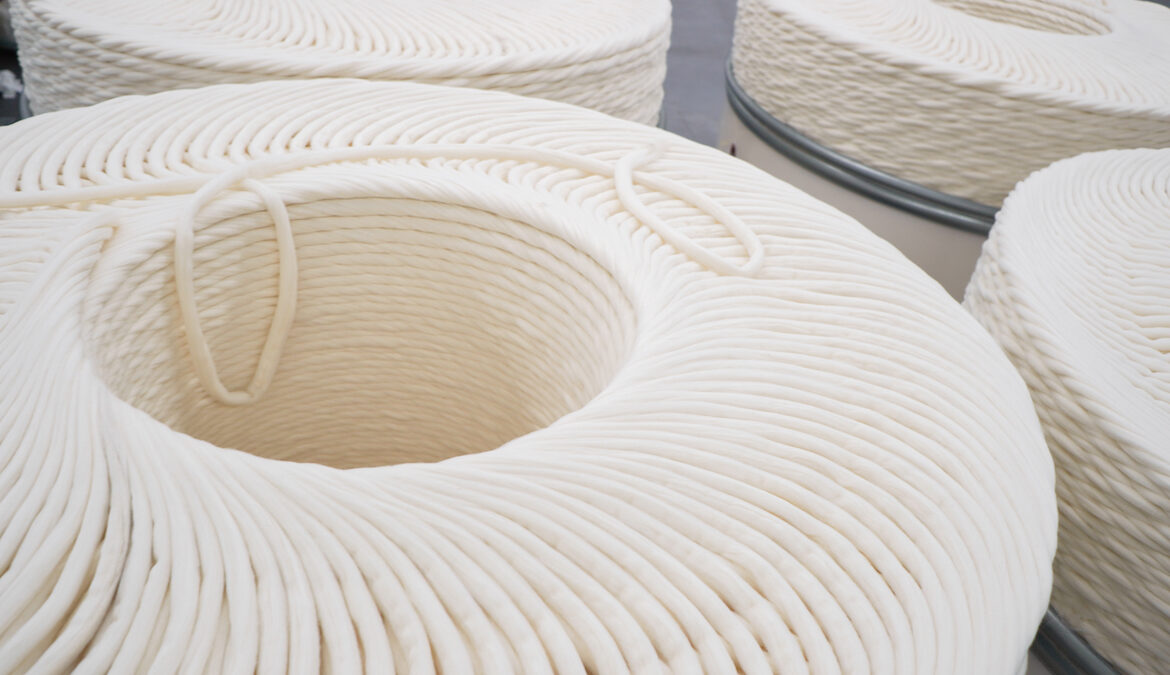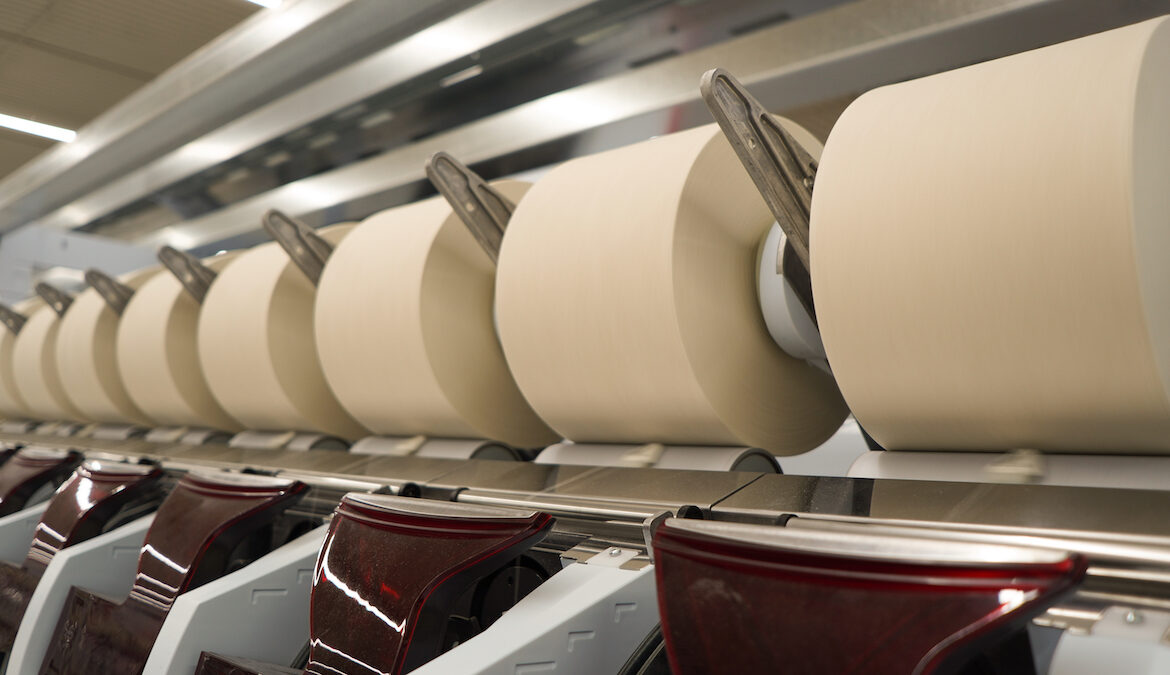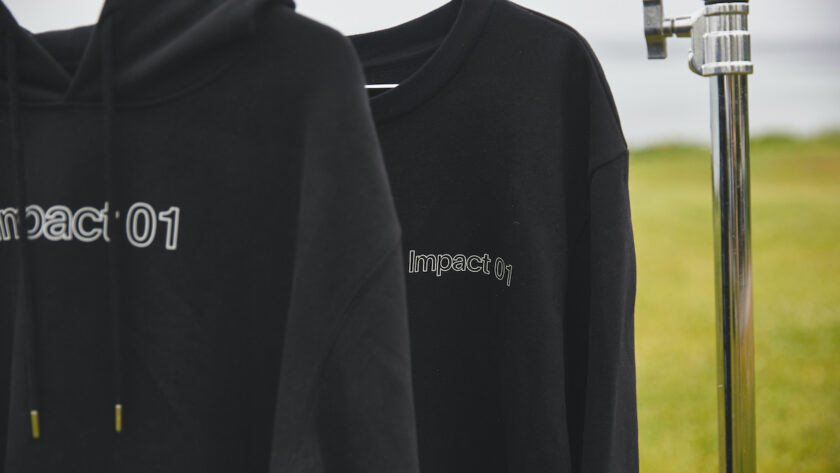Danish fashion brand Minimum is the first fashion label in Europe – possibly the world – to convert old-style, unsold stock into future collections, achieving circularity in its “perfect form”.
Minimum is using recycling technology developed by Valérius 360 and commercialised by Textile Pioneers, to break down old fabrics and create new yarns. The first products made from the new technology hit shelves this month.
The Danish textile producer, working with textile innovation house Textile Pioneers, have made it possible for Minimum to turn old stock into new styles. Previously, it has only been possible to recycle cut-offs and textile waste from production.
Minimum CEO Steen Engelbrecht says the apparel industry is making progress towards thinking and operating more responsibly, but still has a long way to go.
“We want to be a part of setting new standards. We already do a lot to minimise overproduction, but it happens. And when it does, we believe it is better to find ways to reuse our own products than to discharge them and compensate by planting a tree somewhere. We strongly believe that we should start by cleaning up our own mess.”

Valérius 360 and Valérius Hub Group spent several years researching and developing a fully circular factory in Portugal that converts textile waste and old garments into new products. Minimum is the first brand to partner with it, and Cátia Oliveira, head of sustainability at Valérius Hub, says optimal use is made of every single component of the garments being repurposed.
Blending for strength
Apparel is collected and sorted by colour, structure, and composition, then shredded and mechanically processed into a new yarn, without the use of chemicals. The shredding of the clothes shortens the fibres so the yarn produced is strengthened by the addition of a minimal amount of organic cotton.
Before the recycling initiative was launched, Textile Pioneers had already worked closely with Minimum, helping the apparel brand to develop and realise a product sustainability strategy.
That led to the company progressively converting to sustainable qualities and embarking on circularity. The company has reduced the sizes of its annual collections to increase its focus on lasting qualities and minimalistic, trans-seasonal designs.
Kim Rohde Mogensen, co-owner of Textile Pioneers, believes it is crucial for apparel companies to start using both unsold garments – and in the future, worn-out ones – to create new ones.
“We are pleased that Minimum has chosen to test our set-up with Valérius 360 of turning obsolete garments into fibres and back into new styles. It is paramount that we initiate partnerships like this in order to create the sustainable change needed for our planet.”
The development of Valérius and the action of Minimum, are taking a major step towards commercialising circularity, which she describes as “a true game-changer for the industry”.

The first product made from shredded fibre, a unique blend of primarily tees, knits, and shirts, has been transformed into a capsule collection titled Impact 01: Re-made, comprising four unisex sweat styles on sale this month.
“As our leftover stock is limited to a certain amount and specific colours, the new styles will be limited as well,” explains Kristina Nissen, design and buying manager at Minimum.
“This makes the expression of our new styles unique as we never will be able to obtain the exact same colour again. We see this as one out of the many positive assets of circularity.”
The business challenge
While Minimum’s move to repurpose leftover stock is an exciting development from a sustainability perspective, it has a negative impact on the brand’s bottom line.
“Investing in new sustainable developments like this is not good, profitable business so far, but it is common sense and better business for the planet,” explains Engelbrecht. “We hope our action can be an inspirational case, encouraging other fashion and textile brands to support and use the sustainable innovation that is now ready on the market.”
Regardless, the company says that moving forward, the recycling of Minimum’s own products will be a part of the brand’s textile supply chain for as long as the company holds unsold stock.
Minimum, established in 1997, creates trans-seasonal styles and releases four male and female collections annually, alongside its permanent ‘Essentials’ collection. Its clothes are sold in 14 markets across Europe and Canada through more than 1200 retailers.




1 comment